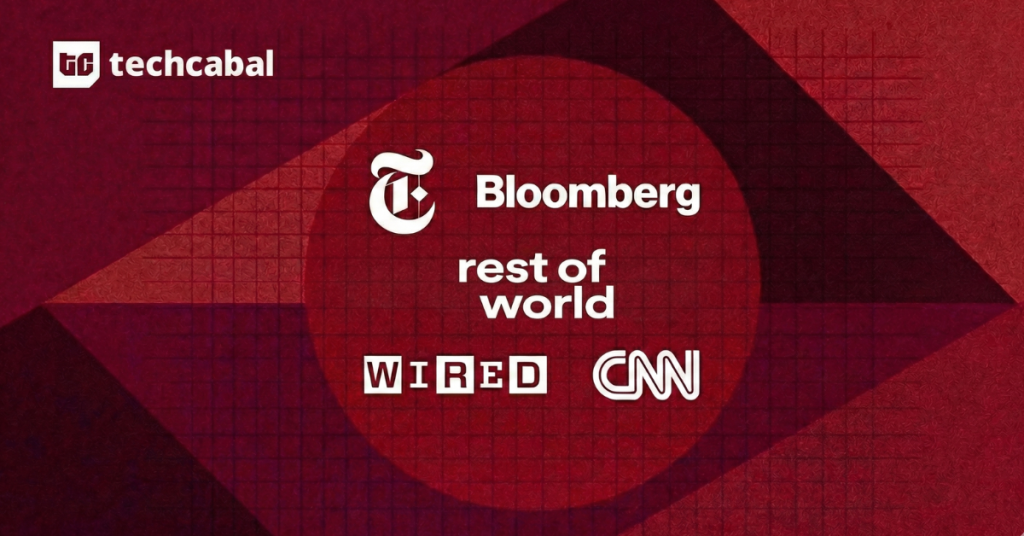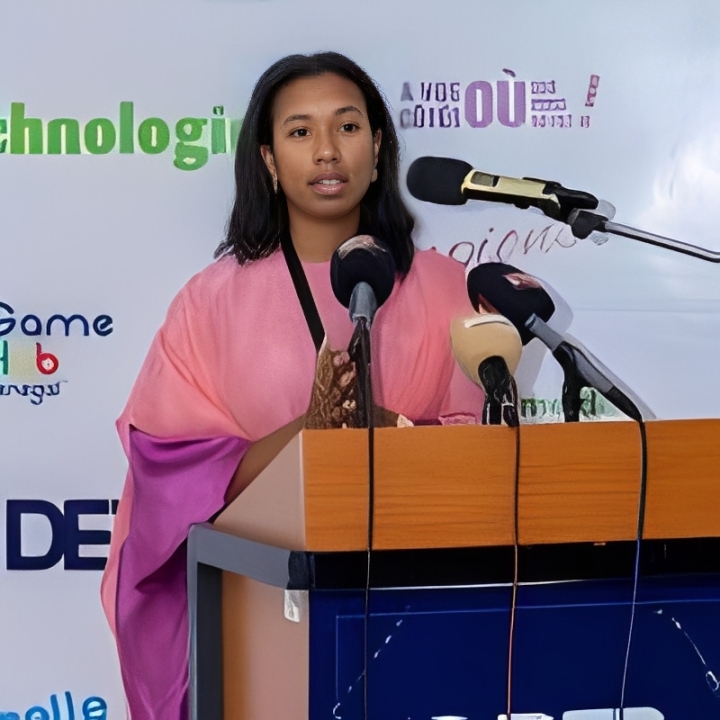A conversation with Andyson Utomudo, Group Head at gomoney on the role of technology in driving innovation, cost reduction, and stability in the African fintech landscape.

- How is technology playing a role in ensuring cost reduction and scalability for fintechs in Africa, and what’s its impact on stability?
Technology plays a crucial role in driving cost reductions through digitalization, automation of processes, and enabling efficient operations. Cloud computing allows fintechs scale without heavy infrastructure costs, promoting affordability and scalability. While enhancing scalability, technology also introduces challenges related to cybersecurity and regulatory concerns which impacts scalability. Striking a balance between innovation and scalability is crucial for the sustainable growth of fintech in Africa.
- Could you highlight some technological advancements that have enhanced gomoney’s customer experience, and how has this influenced customer retention and loyalty?
Data is very key to operations. At gomoney we use data analysis to achieve the highest level of customer success. By analysing data on customer activities on our platform, we are able to anticipate customer needs right before they ask. This enables us to keep up to our word of giving them the banking they deserve.
- What specific technological innovations has gomoney embraced to streamline operations and reduce costs, ultimately enhancing overall stability?
From day one, we have used innovation to streamline our operations and we keep innovating. We are currently working on automating our operations to give our customers the best experience and at the same time reduce cost of operations. In addition to that, we are working on various upgrades to ensure we provide not only 100% service availability but also service delivery.
- In what ways do you believe gomoney is at the forefront of digital financial transformation in Nigeria and the broader African context?
At gomoney, our purpose is to simplify banking for our users. This is why our customers remain at the forefront of our business. Our customers have the opportunity of having their transactions enriched which helps them understand their finances better and knowing where, when and how they spend their money to enable them to make more informed financial decisions. We will continue to leverage technology to create more cost-effective solutions for our customer personal banking needs. We are currently working on a couple of services for our customer base which I can’t mention now, but what I can promise is that these solutions will further transform how our users bank.
- Leveraging emerging fintech trends is essential. How does gomoney utilize these trends to improve the user experience and expand its customer base?
We have a Mobile-First Approach where we prioritize seamless mobile experiences, capitalizing on the increasing reliance on smartphones for financial transactions. Our app is designed for convenience and accessibility, ensuring users can manage their finances anytime, and anywhere. We are constantly reviewing and upgrading our designs to meet these expectations. We also consider Innovation in Payment Solutions by exploring and integrating various ways of sending and receiving payments.
- Fintech regulations can be challenging. What successful strategies has gomoney employed to address potential regulatory hurdles and maintain compliance as the African fintech landscape evolves?
At gomoney, we have a very strong foundation not only from the regulations of the CBN but also on how we handle data protection. We currently work with our sister organization Sterling Bank as well as the CBN and other regulatory agencies to ensure that we are up to date on our regulatory standing. This puts us in a place of global ethical standards in the fintech industry.
- With intense competition in the African fintech scene, what unique technological approaches is gomoney using to maintain a leadership position and stay ahead of the competition?
Fintech is a rapidly evolving field, and we prioritize agility. We continuously adapt to regulatory changes, technological advancements, and customer feedback to stay ahead of the curve. gomoney offers innovative digital banking solutions tailored to the needs of Nigerians at home and in the diaspora. This includes services such as no-fee transactions, spend tracking, savings tools, and budgeting features aimed at addressing specific financial needs and challenges.
We have forged strategic partnerships with various stakeholders, including financial institutions, merchants, and other fintech companies. These partnerships help us expand our service offerings, provide additional benefits to users, and strengthen our position in the market. Leveraging data analytics, gomoney utilizes customer insights to personalize services, offer tailored financial advice, and predict user behaviour. This data-centric approach leads to more targeted and effective product development.
Lastly, given the sensitivity of financial data, we have invested heavily in robust security measures. Utilizing encryption, multi-factor authentication, and proactive monitoring, we ensure customer trust and confidence in our platform.
- Focusing on digital transformation in Nigeria, which emerging technologies do you see as game-changers for fintech stability in the next few years?
Asides digital transformation, process transformation is also important for fintech stability. In the next few years, just like we can already see, the transfer processes will be more seamless, resolving customer issues and disputes will also be faster.
- What trends do you anticipate in the near future that will further enhance the stability and impact of fintechs in Africa?
The fintech industry not just in Africa but Globally can benefit from Artificial Intelligence (AI). Although we are currently experimenting in this area, a lot of FinTechs will eventually start using AI to create solutions for their customers.
- How do you envision the role of technology and digital banking in fostering even greater stability and growth for fintechs across the continent in the future?
FinTechs, taking advantage of the spread of the internet via mobile phones across Africa have digitally provided services for the unbanked. Although one of the greatest hindrances to this growth is arguably the lack of proper documentation which is a regulatory requirement to help check and track fraudulent transactions. Despite this challenge, FinTechs are now venturing into cross border payments providing businesses, seamless transactions across borders.










